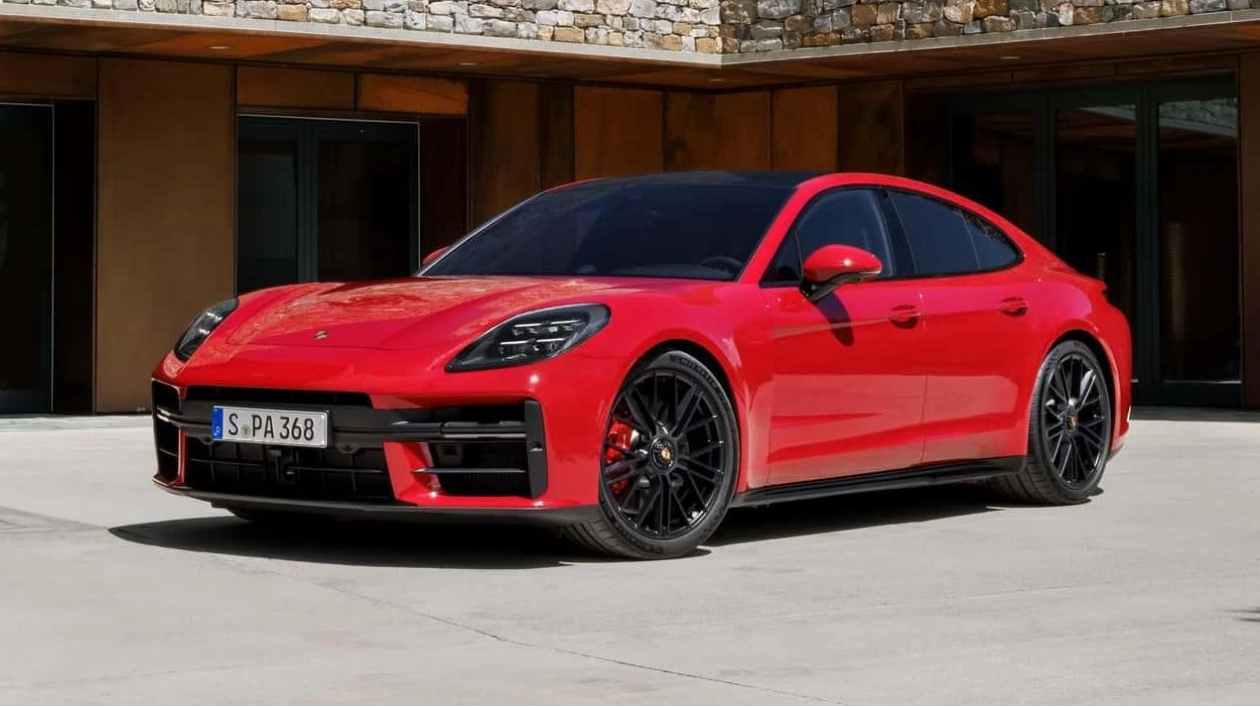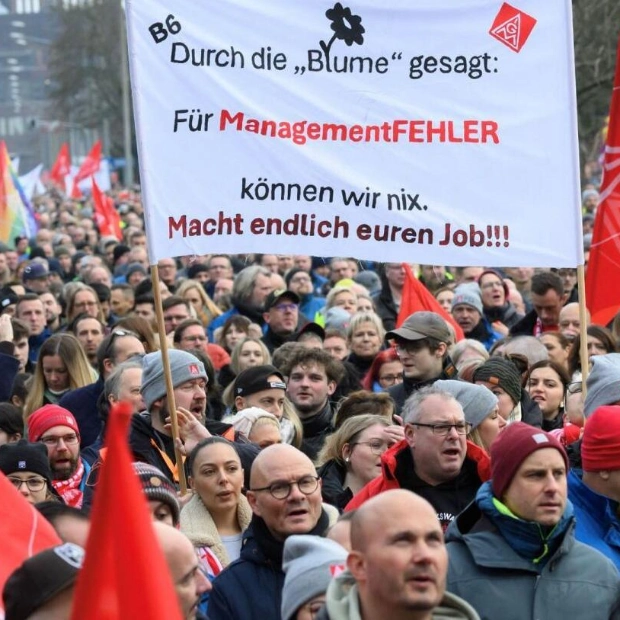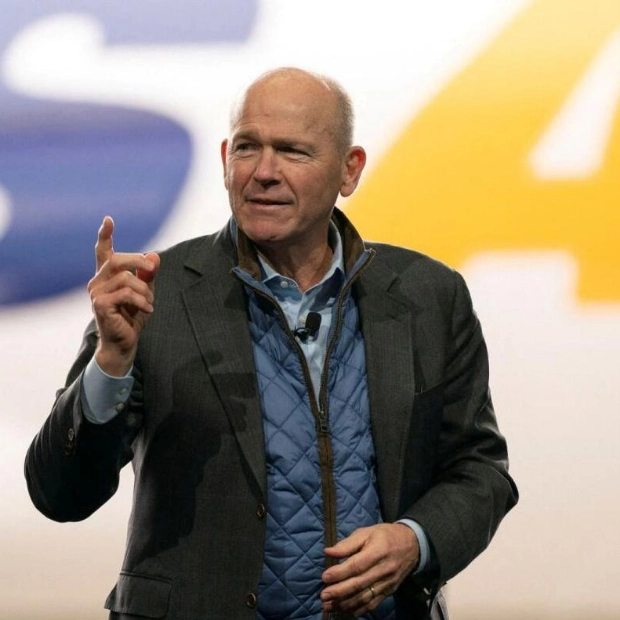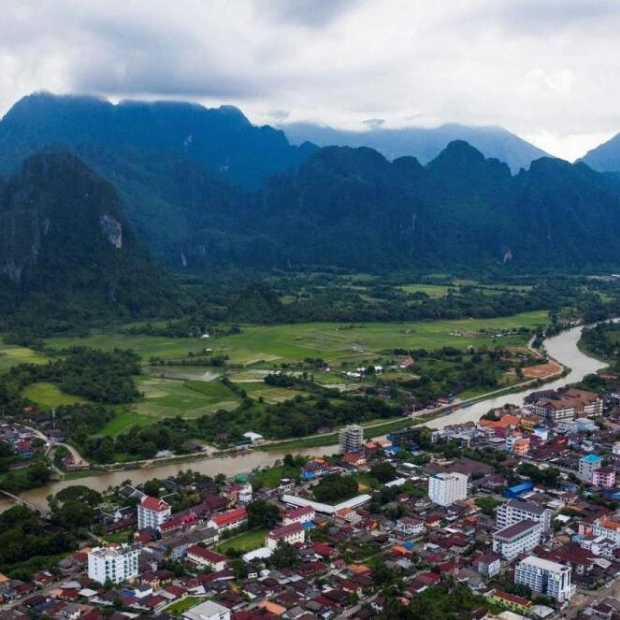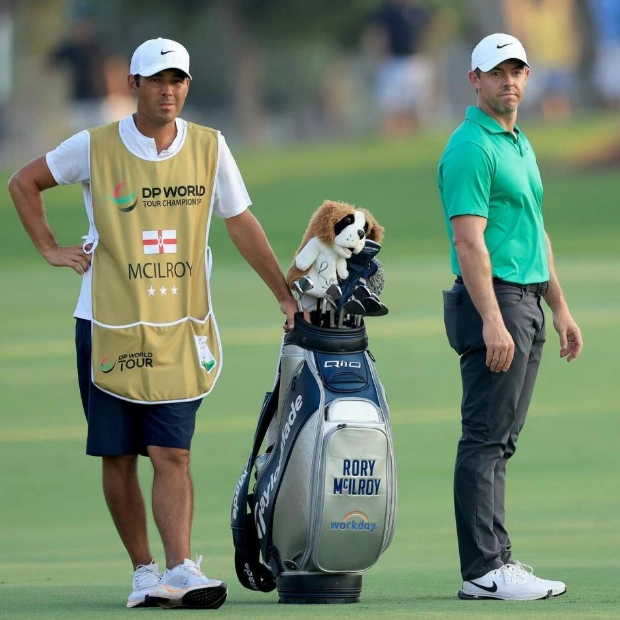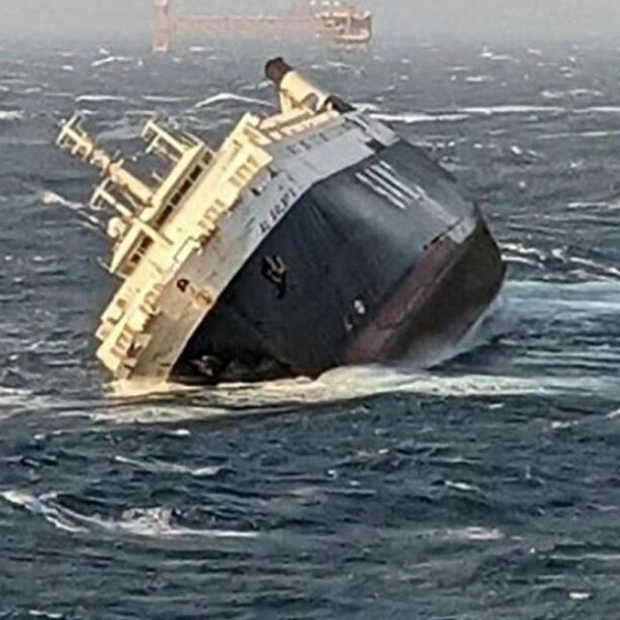Porsche is strategically maintaining gas versions of the Cayenne even after the introduction of its next-generation electric model later this decade. The internal combustion engine (ICE) variant will continue to be sold well into the 2030s. This approach is mirrored with the Panamera, whose third generation, launched earlier this year, is set for a prolonged market presence as the impending electric version will not phase it out. Porsche's research and development chief, Michael Steiner, confirmed to Autocar the continuation of the ICE Panamera alongside its electric counterpart, similar to the Cayenne's dual offering.
The electric Panamera's launch date remains undisclosed, ensuring the ICE model's availability throughout the EV's lifecycle, likely extending its sales into the next decade. CEO Oliver Blume suggests the electric Panamera could position above the Taycan in Porsche's lineup, as they target different market segments. This ICE+EV strategy is already in practice with the gas and electric Macan models, though the conventional Macan will cease production in 2026 and is already discontinued in Europe due to non-compliance with new cybersecurity regulations.
Similarly, the 718 Boxster and 718 Cayman are no longer available in the EU and will be phased out in 2025 for electric replacements. Porsche aims for EVs to comprise 80% of its sales by 2030, with a forthcoming three-row SUV slated to be exclusively electric. Steiner acknowledges a slower EV transition in many markets and sees synthetic fuels as a bridge, potentially blending them with gas to gradually replace fossil fuels. Porsche has been producing synthetic fuel since December 2022 in Chile, potentially extending ICE car sales in the EU post-2035 if powered by carbon-neutral fuel.
Despite concerns from BMW's CEO Oliver Zipse about the efficacy of synthetic fuels under current EU legislation, Porsche remains committed to combustion engine development, continuing investments in V-6 and V-8 engines to meet stricter emissions standards.
